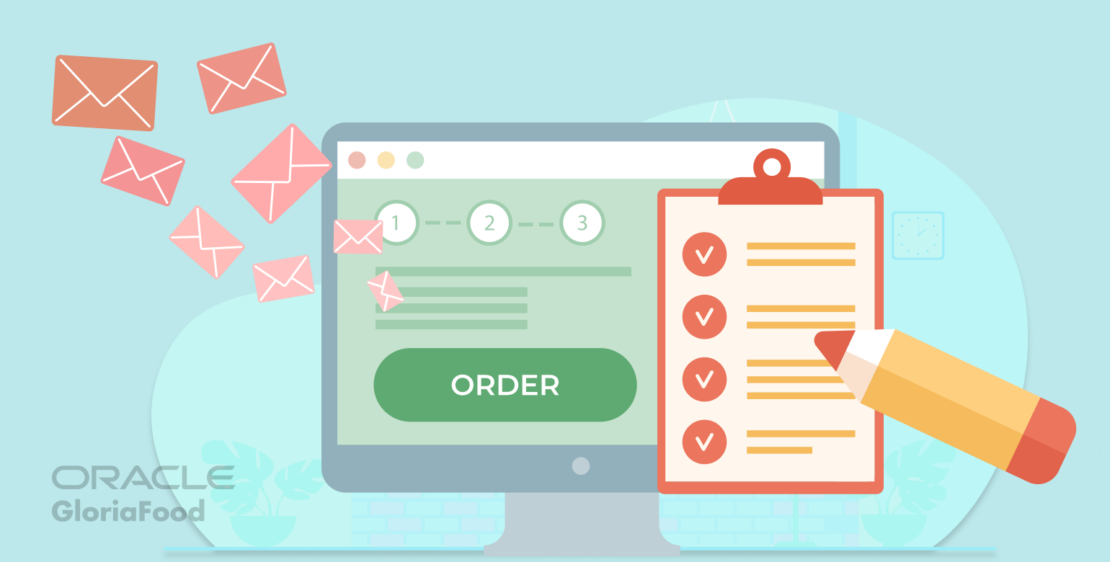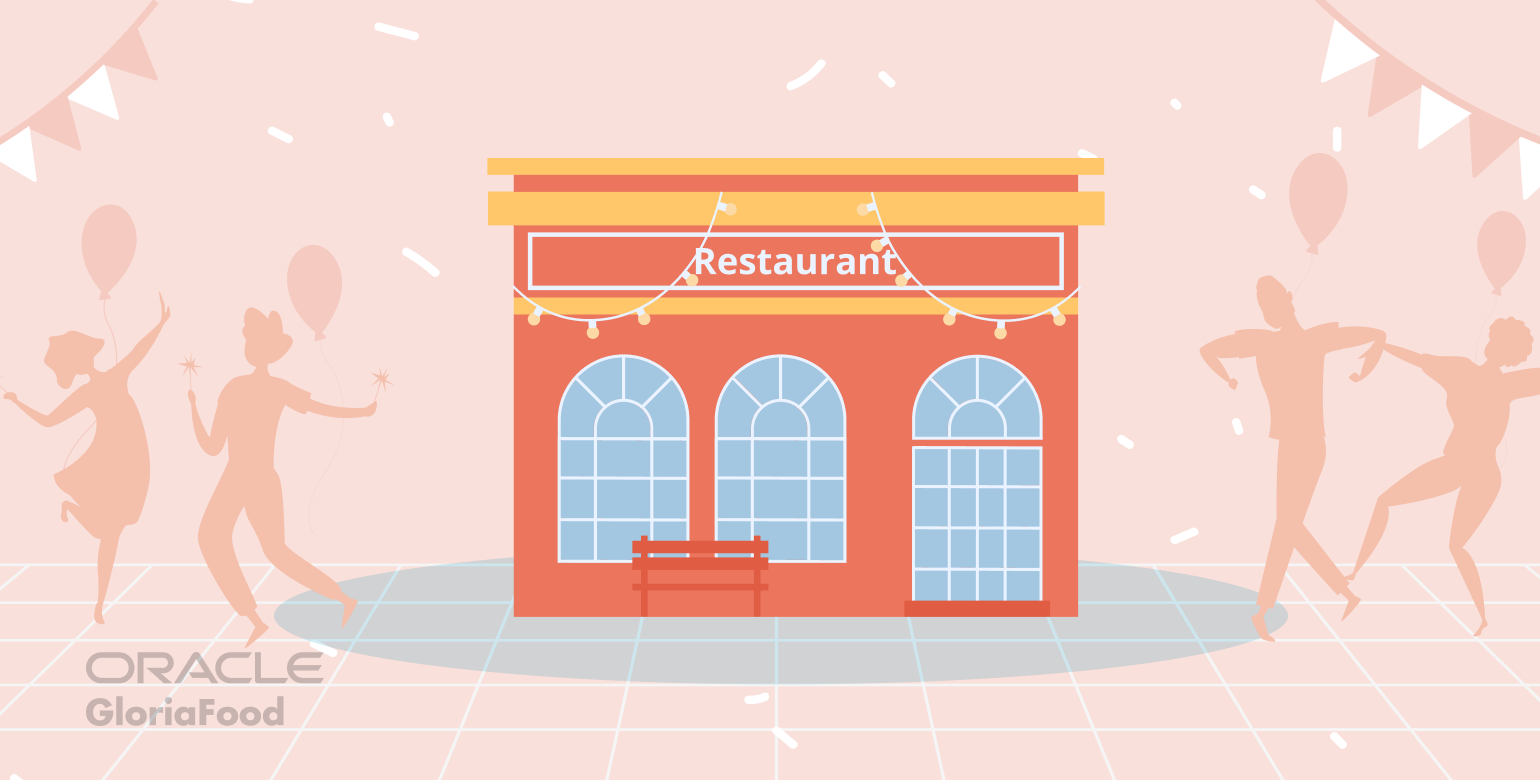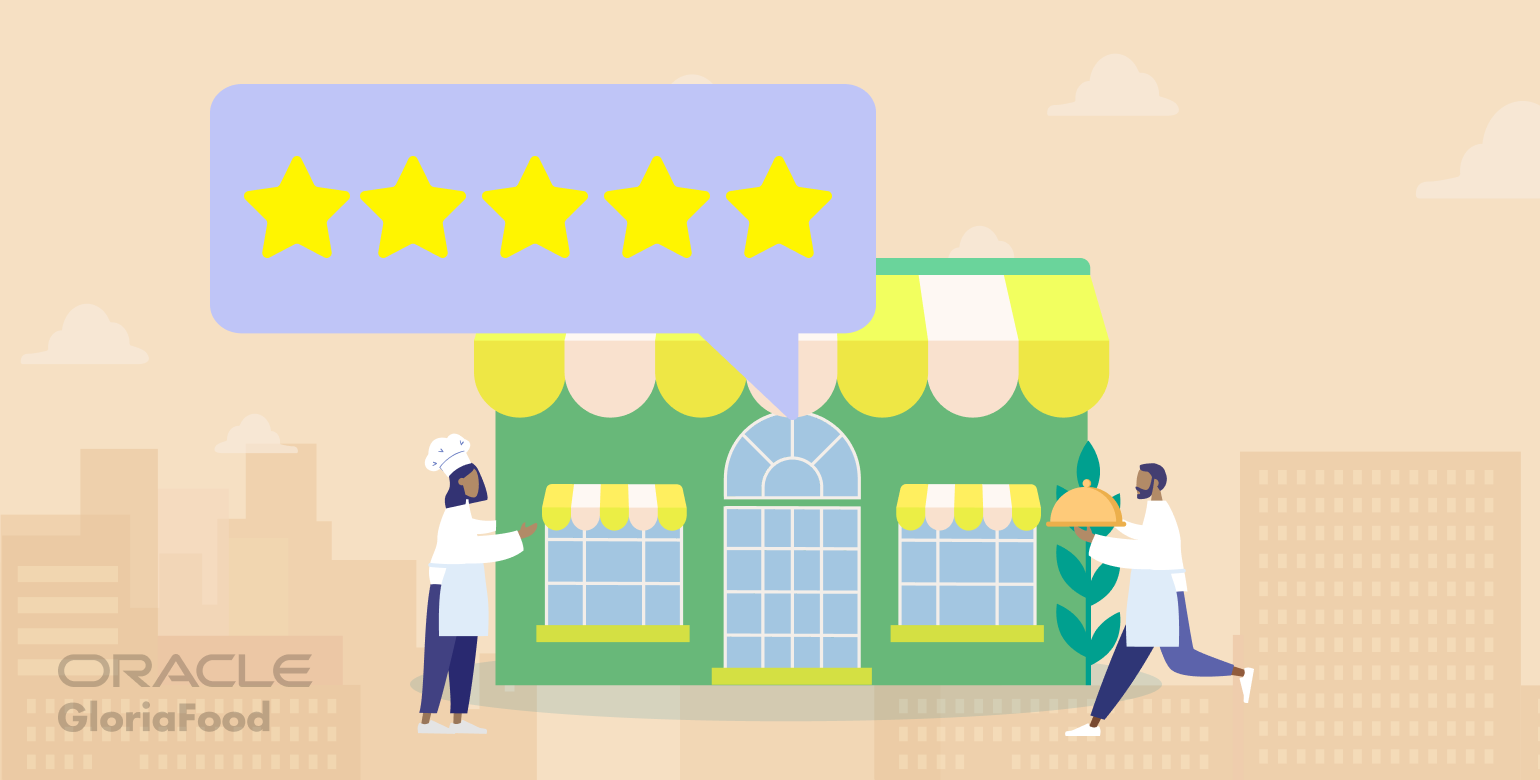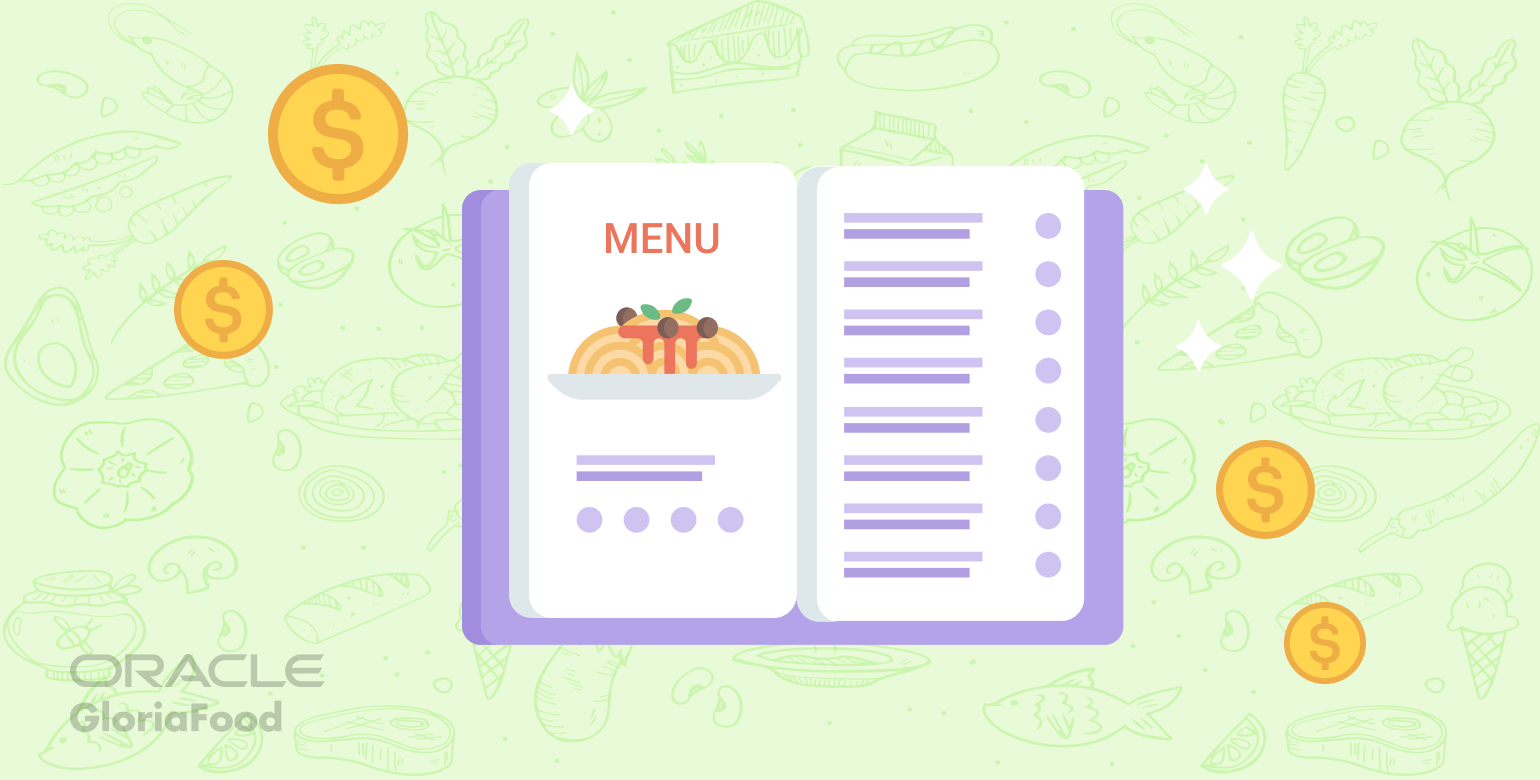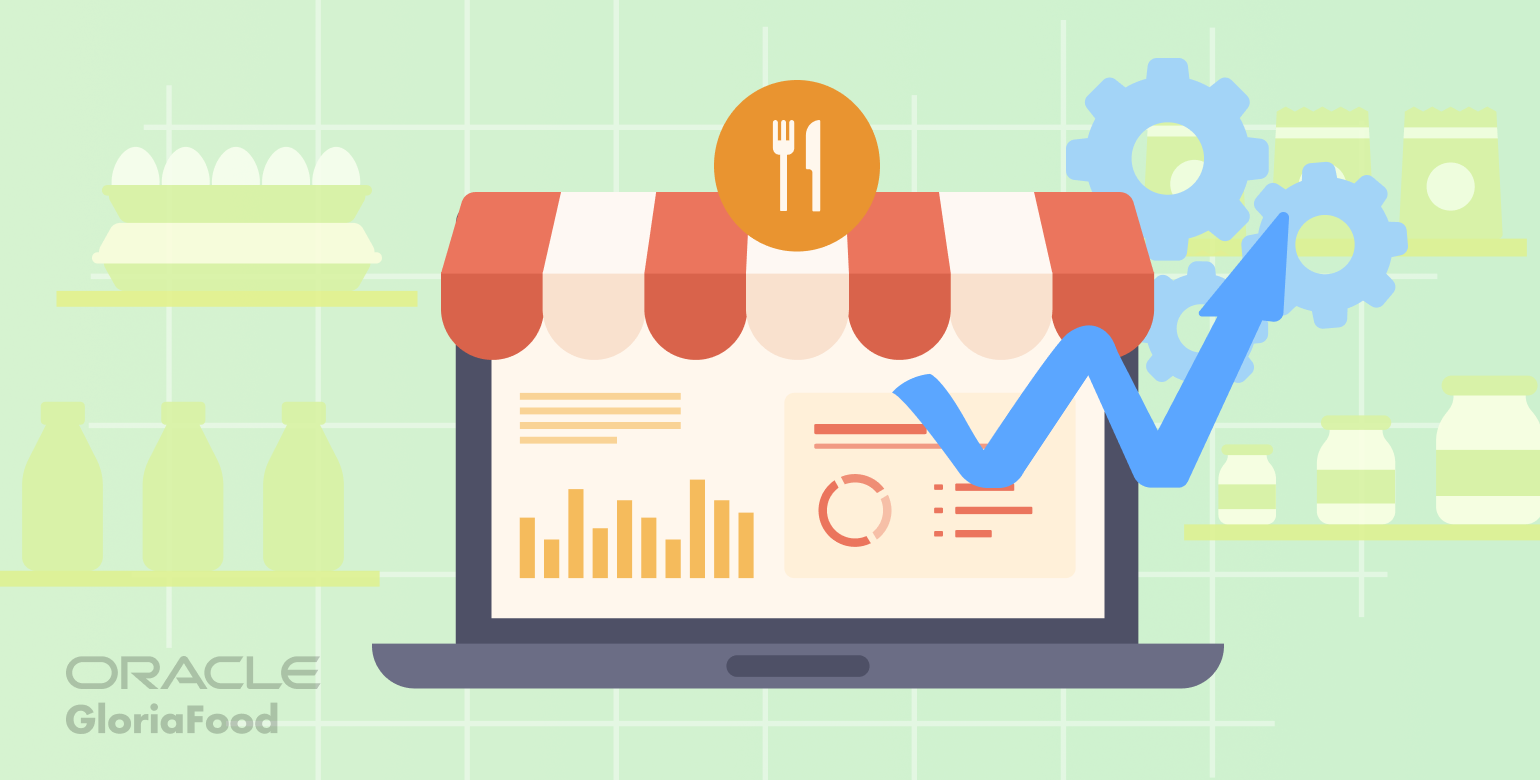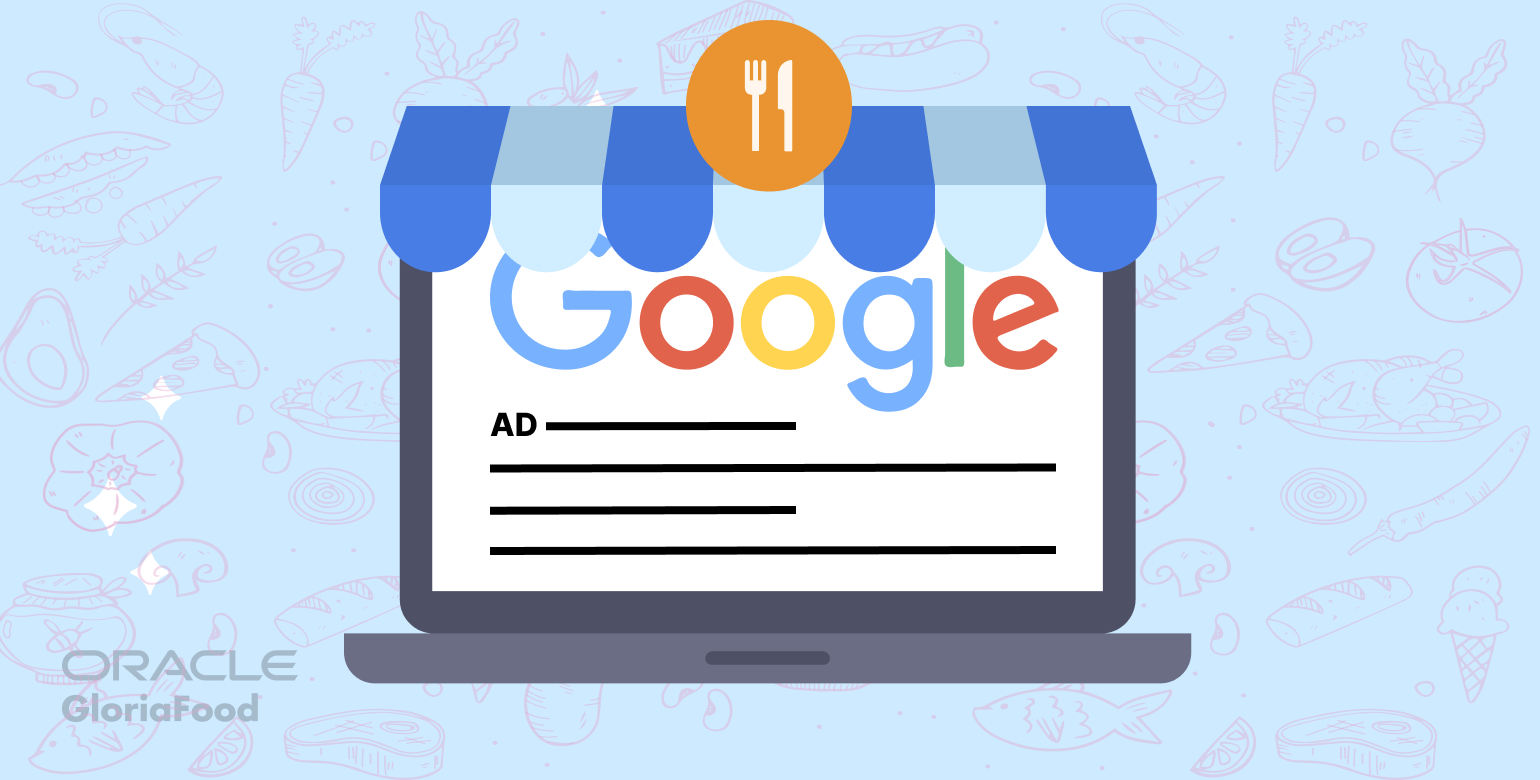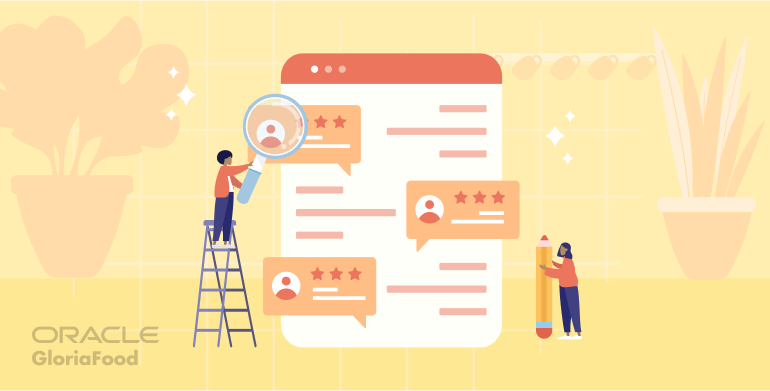- What are the risks regarding customer data
- 1. Credit card fraud
- 2. Phishing
- 3. Insider threats
- 4. Third party fraud
- 7 tips to guarantee restaurant data security
- 1. Invest in cybersecurity
- 2. Use secure methods for online payment
- 3. Train your team to protect restaurant data security
- 4. Limit access to important information
- 5. Do a risk assessment
- 6. Have an incident response plan
- 7. Get cybersecurity insurance
- Final Words
As a restaurant owner, you aren’t responsible just for preparing food in the safest conditions, but you are also in charge of providing restaurant data security for each client and employee.
When a client places an order on your website and pays online, they trust that their data is secure with you. If that trust is broken, you not only lose one client, but many more, because they will surely negatively review your business.
In this article, you will find simple tips to protect your customers’ data:
What are the risks regarding customer data
Before you start implementing restaurant data security measures, you must be aware of the most common threats. If you understand the risks of unprotected data, you will be able to better protect your business and customers.
1. Credit card fraud
While it is one of the most frequent risks, it often goes undetected if the person who owns the card doesn’t check the balance regularly.
You get access to credit card details when people place an online order or make a table reservation. It is best to make all transactions online, through a secure portal, to prevent problems.
Never write down credit card information or repeat it aloud because you put your clients’ money at risk.
2. Phishing
Phishing is a type of fraud where you receive a call or an e-mail from someone seemingly trustworthy who is trying to get information necessary to exploit your system, such as login information or a password reset.
They can present as a known person but are usually identifiable by the sense of urgency, grammar errors, threats of legal or negative consequences, and links from unknown senders.
To protect against phishing, you must enable two-factor authentication and keep login credentials and other important information on a need-to-know basis.
3. Insider threats
It is no secret that the restaurant industry is facing a substantial employee turnover. Even with thorough research, you can’t predict when a disgruntled employee may want to sabotage your business.
To protect from this type of attack, create different employee levels and only provide access to important information to staff who have proved trustworthy.
4. Third party fraud
When you collaborate with third-party vendors, it is imperative to conduct research and ensure that they have the proper security measures in place to prevent threats to your restaurant data.
The better solution is to forego third-party delivery apps and choose your own trust-worthy online ordering system, like the one from GloriaFood. This way, you know your customers’ data is protected and can concentrate on managing other areas of the restaurant.
Ensure restaurant data security with an in-house online ordering system
Add it to your website in less than 10 minutes, for free
7 tips to guarantee restaurant data security
Don’t expose your restaurant to unnecessary risks that could cost you money or worst, your business. Implement these easy tips to ensure restaurant data security:
1. Invest in cybersecurity
Take advantage of technology to protect both your and your clients’ data. Here are the tools you will need:
- End-to-end encryption: this will prevent hackers from intercepting important information from emails, payment methods, etc;
- Firewalls: just like you protect your home computer, you should also use firewalls on computers at the restaurant;
- Store data in the cloud: don’t leave important information on the computer at the restaurant each employee can access. Instead, store it in the cloud, beyond a two-factor authentication process; Leveraging cloud consulting services can further enhance your data security strategy by implementing best practices for cloud storage and access management.
- Get an SSL certificate for your website: an SSL certificate makes the data provided by your clients undecipherable. It also boosts your Google ranking because it adds the “s” after “http” letting customers know your site is secure.
2. Use secure methods for online payment
It is no secret that a lot of people prefer to pay by card. Not only do they not carry cash around, but they also enjoy how fast and easy the online payment process is.
Allow your customers to pay online while ensuring restaurant data security by using reputable payment service providers that comply with GDPR and the Payment Card Industry Data Security Standard (PCI DSS). Implementing a strong data strategy not only helps maintain compliance with these standards but also optimizes how restaurants manage and secure sensitive customer information.
PCI DSS is a standard that contains a set of rules on how businesses must handle credit card information. For example:
- Use encryption,
- Tokenization
- Firewalls
- Antivirus software
If you use the online ordering system from GloriaFood, you can allow people to safely pay online in seconds, by going to admin -> Setup -> Payments -> Online Payment.
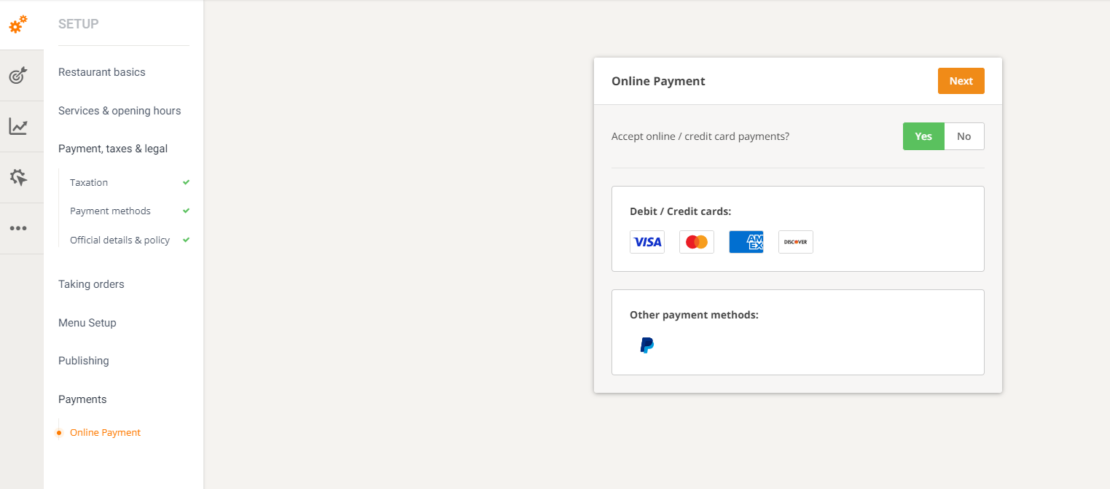
3. Train your team to protect restaurant data security
Your staff can contribute to a data breach if they don’t know how to spot a cybersecurity problem and prevent it. That’s why it is important to train them regularly on the importance of restaurant data security. Here are a few topics you should discuss:
- How to spot a phishing attempt
- How to identify suspicious emails
- How to treat client data
4. Limit access to important information
The more people have access to information that can harm your restaurant or clients, the higher the risk. Each employee should only have the access necessary to do their job. For example, a server should never see the credit card info for online orders.
Here is a set of measures to guarantee restaurant data security:
- Do background checks when hiring new employees;
- Monitor all access attempts and activities;
- Review and update permissions, especially when there are changes in your team.
5. Do a risk assessment
It is common to have a restaurant risk assessment, but it usually focuses on how safe the kitchen is for the employees and how clean the food preparation area is.
Extend the assessment to your cybersecurity to identify any potential vulnerabilities and threats that could affect your customers’ data. This will give you the opportunity to find ways to correct any issues
Repeat the security audit often to stay on top of potential problems.
6. Have an incident response plan
Even though you are doing all you can to ensure restaurant data security, accidents can happen. The solution is to have a prepared plan you can rely on and not come up with ideas when in crisis mode.
The incident response plan should include:
- Roles and responsibilities for each employee in case of a breach
- How to contain the problem
- How to communicate about the accident
- Recovery procedures you can implement
7. Get cybersecurity insurance
As a restaurant owner, you know insurance is a big part of your business. You are investing a lot of money and you can’t risk losing it because of a fire, an accident, or a cybersecurity attack.
Cybersecurity insurance can help you recover or reconstruct lost information and cover legal fees in case customer information gets leaked.
Get a restaurant website that provides a safe experience for your clients
You can generate one in just 10 minutes
Final Words
Managing a restaurant involves a variety of safety measures to protect assets and information. To prevent crippling fines and disgruntled employees, you must prioritize these tips on ensuring restaurant data security.
- What are the risks regarding customer data
- 1. Credit card fraud
- 2. Phishing
- 3. Insider threats
- 4. Third party fraud
- 7 tips to guarantee restaurant data security
- 1. Invest in cybersecurity
- 2. Use secure methods for online payment
- 3. Train your team to protect restaurant data security
- 4. Limit access to important information
- 5. Do a risk assessment
- 6. Have an incident response plan
- 7. Get cybersecurity insurance
- Final Words
